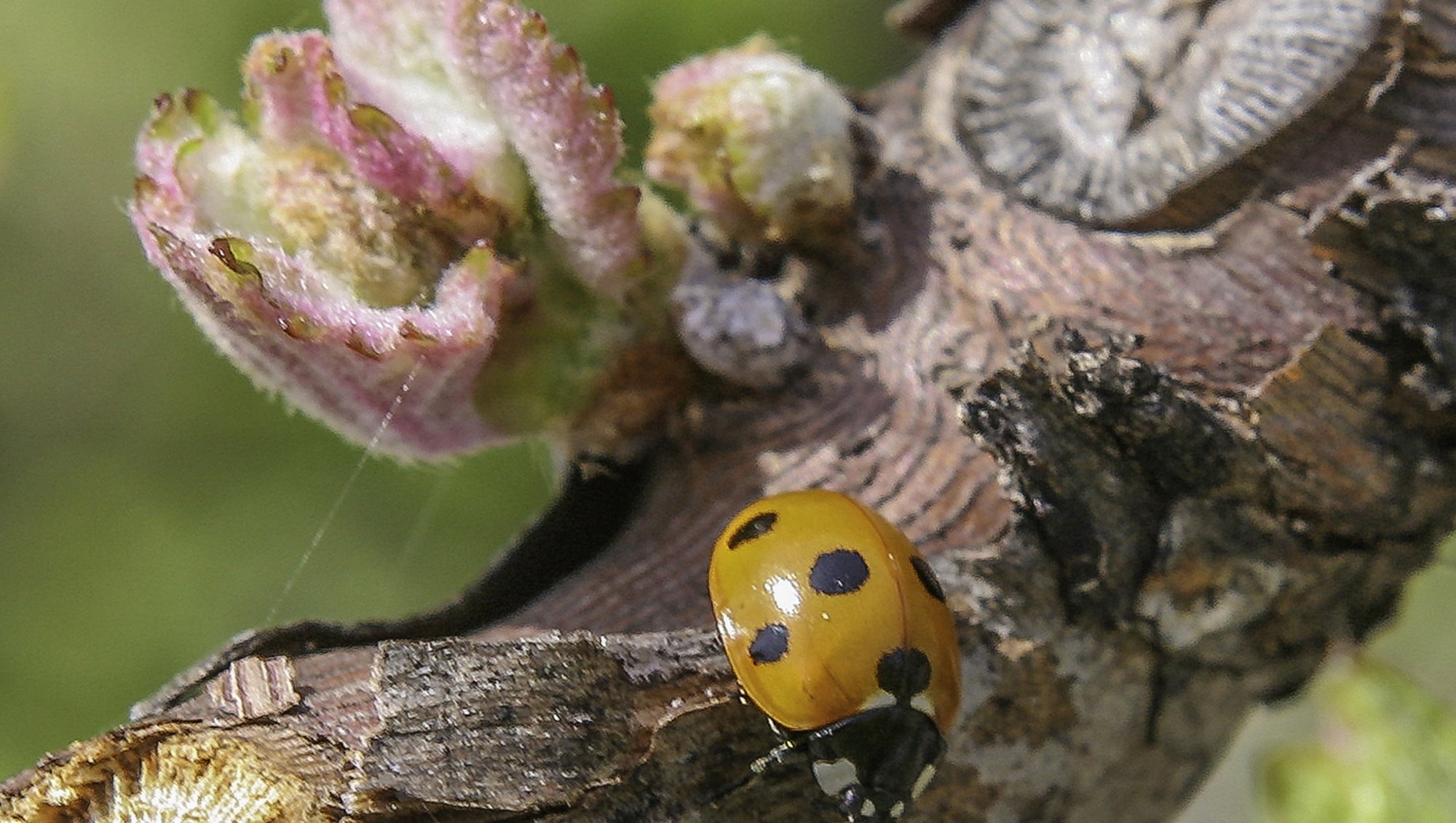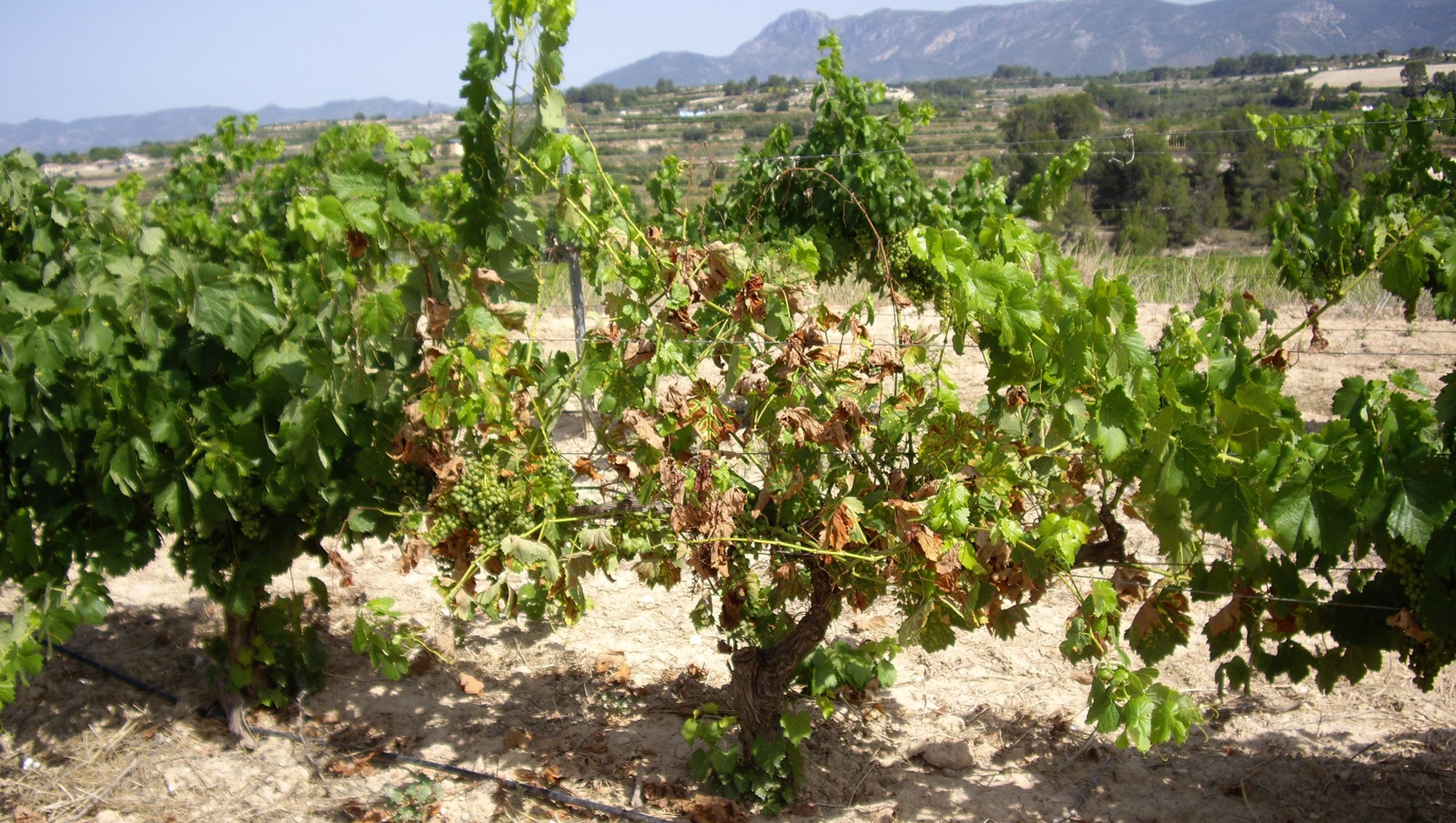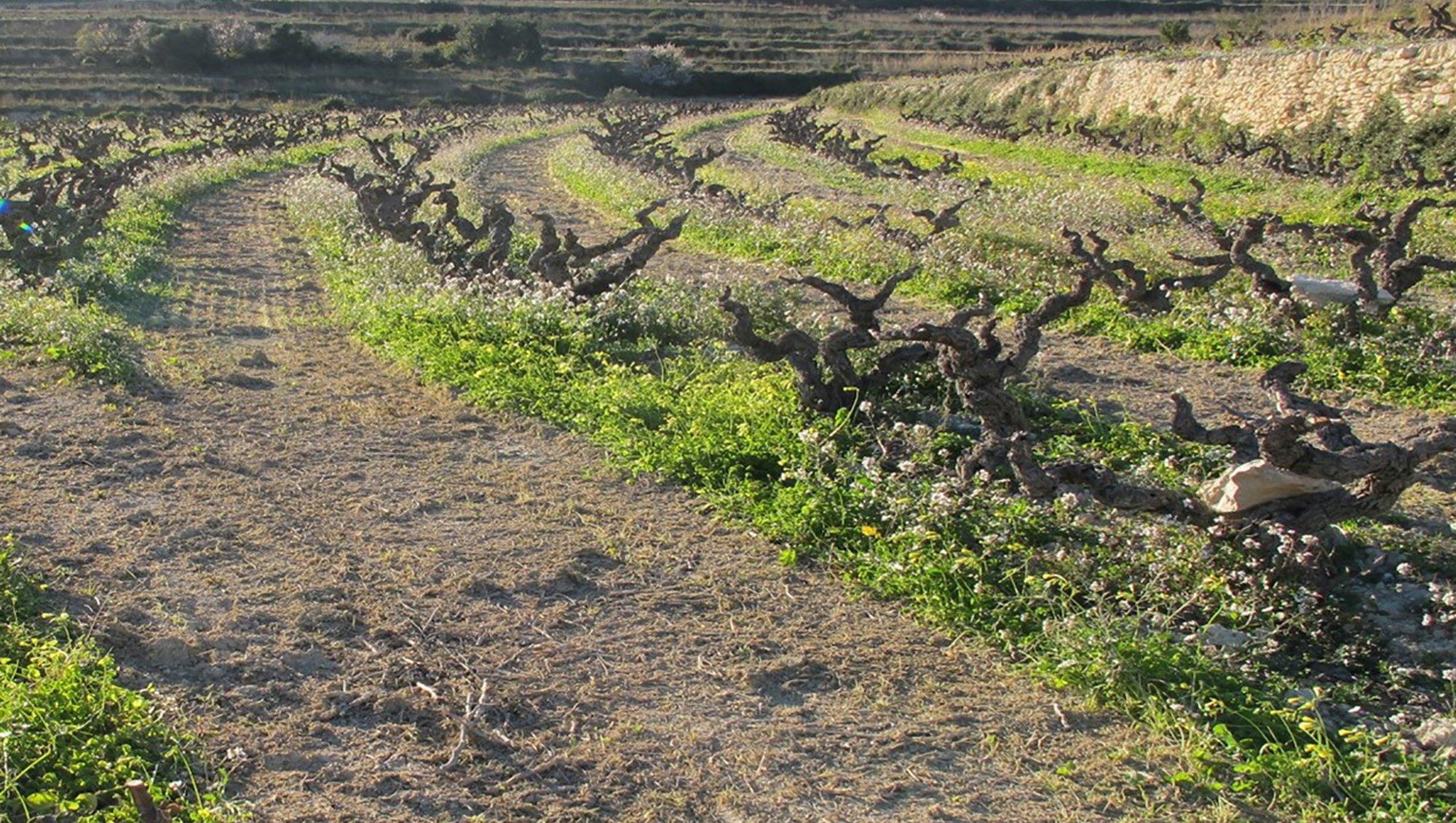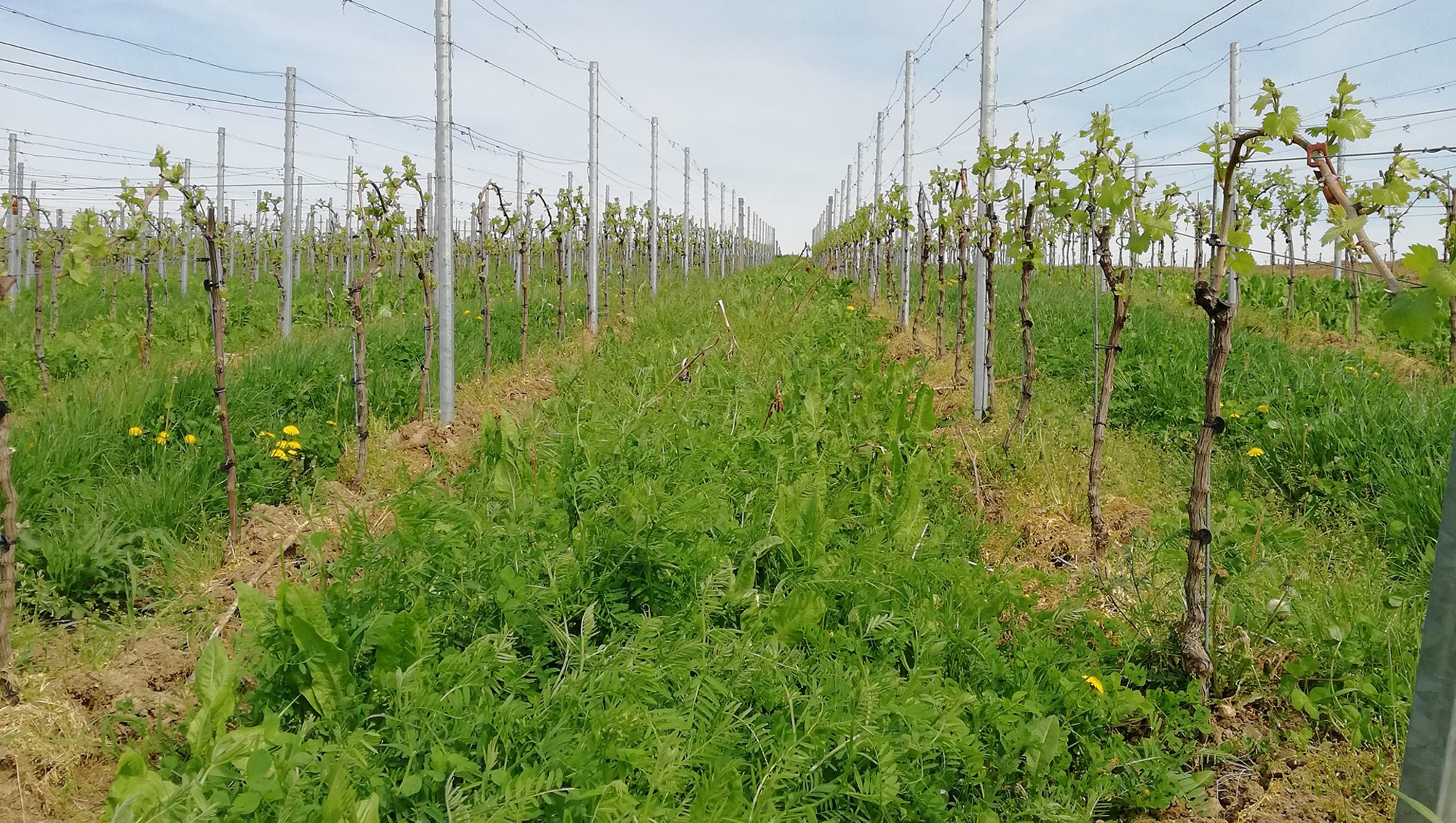BioVine
Plant diversity in the vineyard can help controlling grapevine pests
Introduction
BIOVINE will develop natural solutions based on plant diversity to control pests (harmful organisms, including arthropods, nematodes, oomycetes and fungi), reduce pesticide dependence, increase plant health and services provided from the ecosystems to humans.
BIOVINE will exploit plant diversity in the vineyard to control pests in order to provide farmers with alternative solutions to pesticides. Solutions proposed will be tested in Italy, France, Romania, Spain, Slovenia and Switzerland.
Background
The capability of plants for increasing the ecosystem resistance to pests and invasive species is a well-known ecosystem service. However, monocultures (including vineyards) do not exploit the potential of plant diversity and still rely on large external inputs to control harmful organisms. Plant diversity can also positively affect arbuscular mycorrhizal fungi, which can consequently improve plant health and soil conditions.
Main project activities
- Identify and select candidate plants
- Test plants in controlled conditions or small scale environments for their ability to control arthropod pests, promote beneficials, control soil-borne pests (oomycetes, fungi, nematodes) and foliar pathogens, carry arbuscular mycorrhizal fungi.
- Design new viticultural systems able to exploit plant biodiversity in organic vineyard
- Test the new viticultural systems in several locations in Europe, in comparison to the current practice
- Assess how the innovative viticultural systems affect provisioning, regulatory and cultural ecosystem services
Benefits and results
Expected long-term societal benefits
Soil and plant biodiversity provides numerous essential ecosystem services, including natural control of pests, release of nutrients in forms that can be used by plants and other organisms, purification of water by removing contaminants and pathogens, contribution to the composition of the atmosphere by participating in the carbon cycle, and providing a major source of genetic and chemical resources. BIOVINE results will contribute to improve environmental conservation. The impact of the new designed viticultural systems on ecosystem services, including carbon sequestration, water purification, soil erosion reduction, landscape, organic matter and soil health, will be evaluated. BIOVINE can also have a positive impact on human health (because of less pesticide residues and mycotoxins in wine), and cultural development in the vine and wine sector.
Expected results
- Provide organic farmers with strategies to control pests in the vineyard, based on plant diversity to control pests and reduce pesticide dependence.
- Identification and study of candidate plants for the enhancement of functional biodiversity in the vineyard.
- Development of new and efficient strategies for controlling grapevine pests.
- Test of the new viticultural systems in different countries in Europe.
- Estimate the effect of the developed and tested viticultural systems on ecosystem services.
Coordinator of BioVine
Vittorio Rossi, Università Cattolica del Sacro Cuore, Italy,
vittorio.rossi@unicatt.it
Implementation and plans to reach target groups
Leaflets will be translated into different languages, articles will be written for professional magazines and journals and workshops with stakeholders and end-users will be arranged.
News from project
Biovine presented at the International Congress on Grapevine and Wine
Biovine was presented as a poster at the International Congress on Grapevine and Wine




